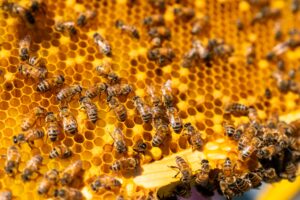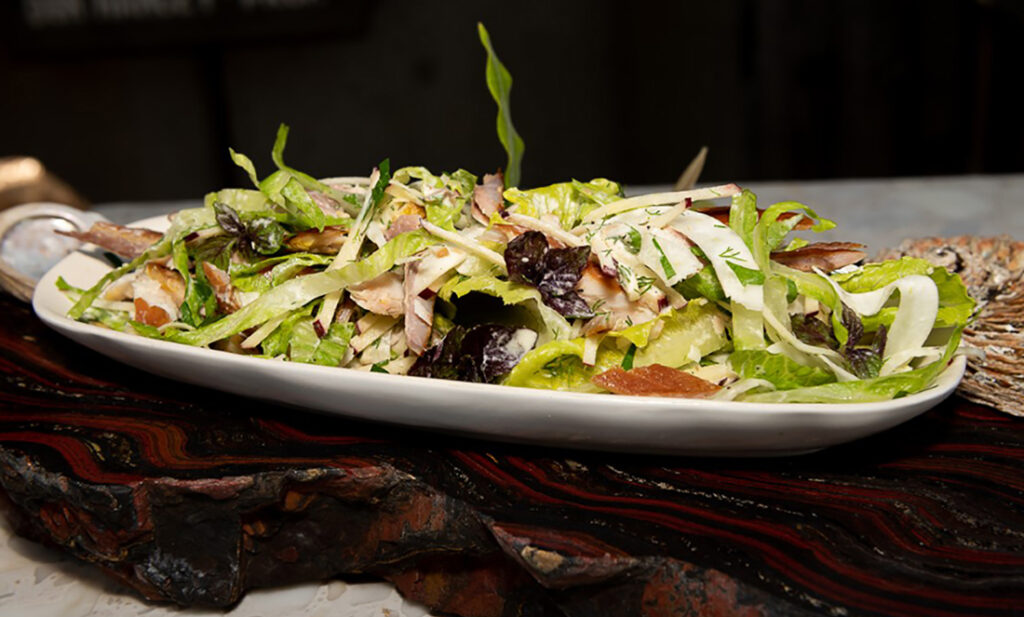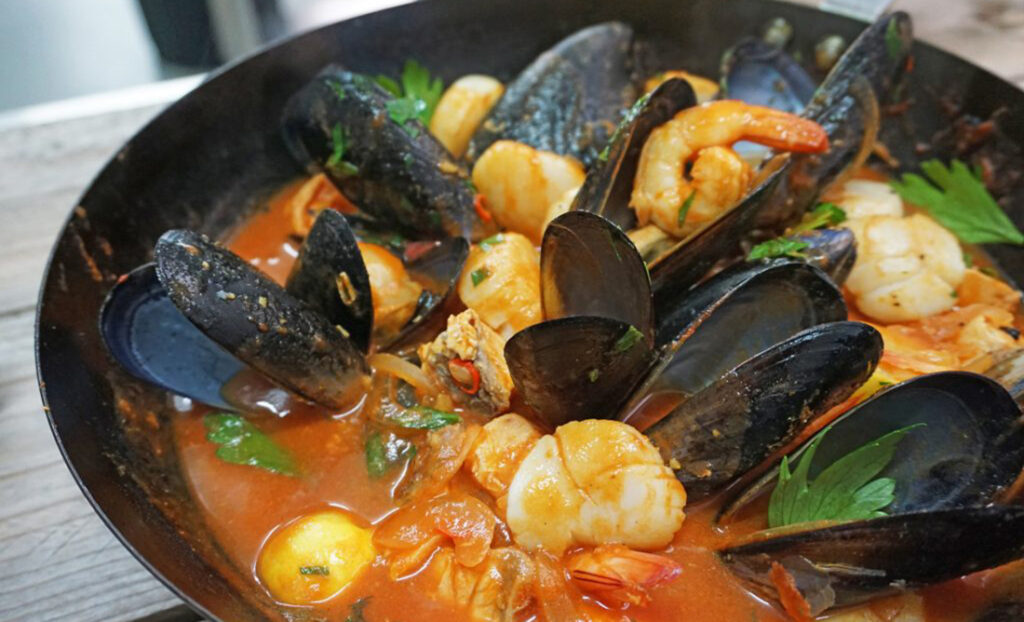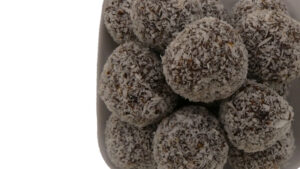The festive season is upon us, and for Australians, this usually means throwing a few shrimp on the barbie.
But with concerns about sustainability and climate change, are prawns the most ecofriendly dish for a Christmas party spread? Or are there other options seafood lovers should consider instead?
Matthew Gillett at Recfishwest encourages people to go out and catch their own fish this Christmas.
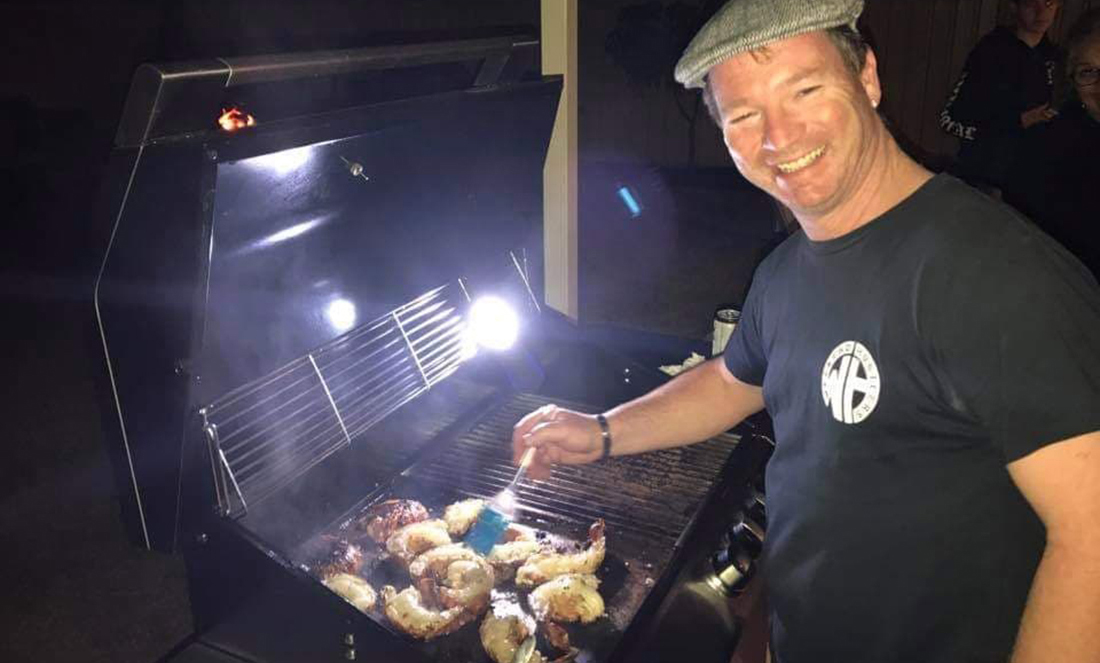
“I think part of the Christmas dinner is the social value element—cooking and sharing.”
“People going out fishing for fun catch their own fish and are really proud of having done that,” Matthew says.
“They are able to provide their family with fresh local seafood that they wouldn’t normally have access to.”
Matthew says species that are in high abundance and taste great include the western rock lobster plus western and southern school whiting (sand whiting).
Also species like squid and octopus, which grow really fast, are more sustainable, so they’re also a good option.
Take a bite out of bycatch
WA is known to have particularly good management of our fisheries.
“If fisheries research indicates a risk to sustainability, the Department of Primary Industries and Regional Development puts appropriate management arrangements in place,” Matthew says.
WA Food Ambassador Don Hancey is committed to showcasing and spreading the message about lesser-known and underutilised species for the commercial sector.
“There’s some species that are in good volume in the ocean, and lots are caught as bycatch,” Don says.
“When commercial fishers go fishing for crabs and prawns, for example, they will also get x amount of fish as bycatch.”
Don says lots of well known seafood retailers such as Kailis Brothers, Fins Seafood, Sealanes, Seafresh and Catalanos are focusing on correct labelling of seafood. This helps consumers identify the less-known and more sustainable species.
“They are showcasing the lesser-known species and doing some education of the benefits of using these species.”
Don says a couple of his favourites are mullet from Mandurah and Shark Bay and Fremantle sardines.
“Australian salmon and sardines are super healthy (with omega oils)—Europeans have known that for decades.”
Get clever in the kitchen
People might go straight for same old snapper at the supermarket because they think it tastes better. But Don says other species can be just as delicious—it’s all about how you cook it.
“It’s crazy that lots of people catching salmon off the beach would give it to pets or use it for cray bait rather than cook it.”
He says the trick to turning any fish into a tasty dish is in the preparation, flavouring and cooking.

“Providing you fillet it correctly and treat it right, salmon is amazing to marinate or in fact make things like fish cakes with potato, onions and veggies.”
Mullet is really easy to smoke, and Don says this just adds a beautiful flavour to it.
“Tear it up and mix with garden salad, apple and fennel.”
Other lesser known species include moses snapper, brown stripe snapper, blue spotted emperor, crimson snapper, frypan bream, silver trevally, heron and skippy.
“My biggest advice is to find a fish shop that really gets into showcasing [lesser known] species and talk to the fishmonger”
“And only buy West Australian,” Don says.
“You know that your money is staying in the state and helping a lot of small fishing communities.”
Ultimately, the message is to Buy West, Eat Best, catch your own dinner and maybe try something new in your next seafood spread.





